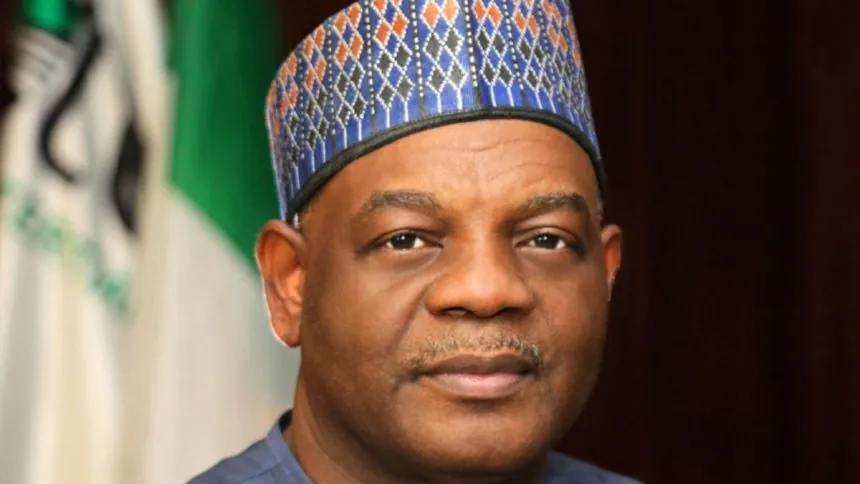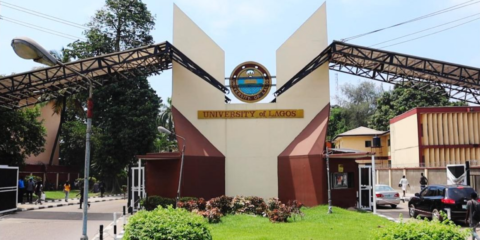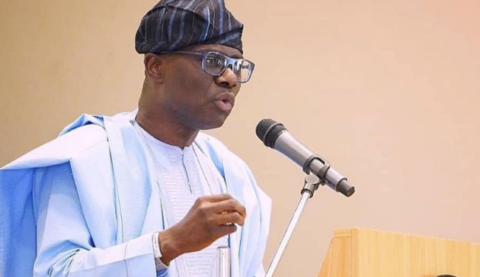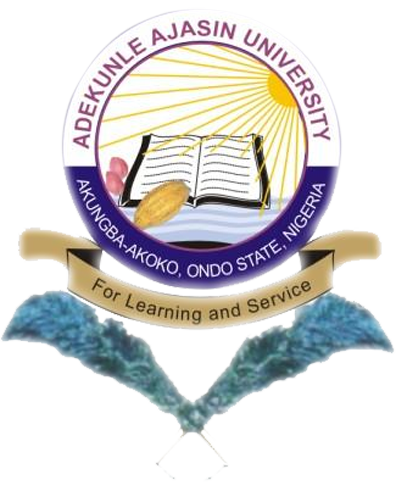The Executive Secretary of the Tertiary Education Trust Fund (TETFund), Sonny Echono, has urged a full-scale reform of Nigeria’s education sector, insisting that the system must be redesigned and better funded to equip graduates for today’s workforce and reduce rising youth unemployment.
Speaking during the 13th convocation lecture of Nile University in Abuja, Echono emphasised that meaningful reforms must connect teaching, curricula, and institutional priorities with modern economic demands. He noted that while the Federal Government has begun rolling out various initiatives—such as expanding infrastructure, promoting digital learning, and training educators in ICT—more work remains to be done.
Echono highlighted the potential of these reforms, especially with the growing influence of EdTech startups, to significantly transform the country’s educational outlook. However, he cautioned that their success depends on increased funding, strong political will, and active collaboration between government and the private sector.
He stressed that funding must cover not only new projects but also the rehabilitation of existing schools, improved facilities, updated learning resources, and expanded teacher training. According to him, better remuneration and welfare for educators are essential to address brain drain and attract quality professionals back to the sector.
Delivering his lecture titled “Redefining the Nigerian Education System for the 21st Century Workforce,” Echono underscored the importance of bridging the gap between theory and practice. He argued that Nigeria’s curricula—particularly at the secondary and tertiary levels—are outdated and do not reflect the skills required in today’s global job market.
He called for the integration of digital literacy, entrepreneurship, and technical competencies such as data science, artificial intelligence, renewable energy technologies, and financial literacy across all education levels. He maintained that education must prioritise quality, access, and measurable outcomes, producing graduates equipped for innovation, national development, and global competitiveness.
Reflecting on Nigeria’s post-independence education journey, Echono pointed out long-standing obstacles including inadequate funding, obsolete curricula, inconsistent policies, low teacher motivation, and poor infrastructure. He insisted that tertiary institutions must embrace workforce-driven programmes, skill-based learning, and research-led innovation to remain relevant.
Echono also commended Nile University for its visionary leadership and operational discipline, describing its achievements as a model for other institutions. He reiterated that meaningful development in Nigeria depends on a well-educated population capable of generating ideas and solutions to pressing national challenges such as unemployment, poverty, and inadequate infrastructure.
He concluded by calling for stronger government–private sector collaboration, warning that without practical, high-quality education, Nigeria’s development ambitions will continue to fall short.





